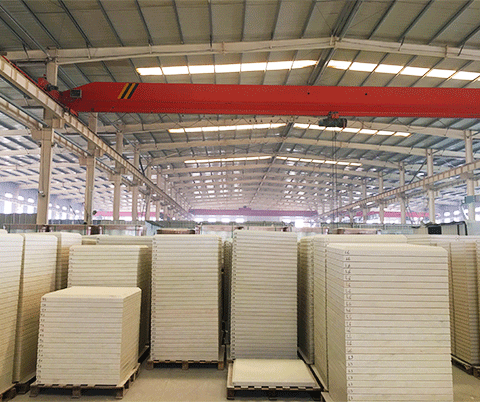loading...
- No. 9, Xingyuan South Street, Dongwaihuan Road, Zaoqiang County, Hengshui, Hebei, China
- admin@zjcomposites.com
- +86 15097380338
- Welcome to visit our website!
fibreglass access platforms
Fibreglass Access Platforms A Comprehensive Overview
In the realm of construction, maintenance, and industrial applications, access platforms play a crucial role in ensuring safety and efficiency. Among the various materials used to construct these platforms, fibreglass has emerged as a popular choice due to its unique properties. This article delves into the benefits, applications, and considerations of fibreglass access platforms.
What are Fibreglass Access Platforms?
Fibreglass access platforms are elevated work surfaces made from reinforced fibreglass materials. They are designed to provide safe and stable access to heights, making them an essential tool in various sectors, including construction, manufacturing, and even aerospace. These platforms can be customised to accommodate specific tasks, whether for maintenance work, construction projects, or cleaning operations.
Benefits of Fibreglass Access Platforms
1. Lightweight and Portable One of the standout features of fibreglass is its lightweight nature. Compared to traditional materials like steel or aluminum, fibreglass platforms are easier to transport and set up, reducing the overall time and labour involved in preparation.
2. Corrosion Resistance Fibreglass does not corrode like metal platforms can. This makes them ideal for use in harsh environments, such as chemical plants or coastal areas, where exposure to corrosive elements is common. The longevity of fibreglass translates to lower replacement costs and increased safety.
3. Non-Conductive Properties In industries where electrical hazards are a concern, fibreglass access platforms provide an essential advantage. They are non-conductive, making them safer for workers who may be in proximity to live electrical equipment.
fibreglass access platforms

4. Durability Reinforced fibreglass is highly durable and can withstand considerable weight and impact. This strength is vital in heavy-duty applications, ensuring that the platform remains safe even under significant loads.
5. Customizability Fibreglass access platforms can be easily customised to meet specific requirements, including different sizes, shapes, and load capacities. This flexibility makes them suitable for a wide range of applications across various industries.
Applications of Fibreglass Access Platforms
Fibreglass access platforms are used in numerous fields. In construction, they provide safe access for workers performing tasks at height, such as roof installations and facade repairs. In manufacturing and warehouses, they allow for inventory management and equipment maintenance. In electrical and utility sectors, their non-conductive nature makes them ideal for working around high-voltage areas.
Considerations When Using Fibreglass Access Platforms
While fibreglass access platforms provide many advantages, there are important aspects to consider. Regular inspections for wear and tear are essential to ensure ongoing safety. Moreover, while fibreglass is durable, it can be more susceptible to damage from sharp objects compared to metal platforms. Users should also ensure that the platform is designed to meet the specific load requirements of the task at hand.
Conclusion
Fibreglass access platforms represent a remarkable advancement in safety and efficiency for elevated work solutions. Their lightweight, corrosion-resistant, and non-conductive properties make them an exceptional choice for various industrial applications. As industries continue to prioritise worker safety and productivity, fibreglass access platforms will undoubtedly play a pivotal role in the future of construction and maintenance work.
-
The Rise of FRP Profiles: Strong, Lightweight, and Built to LastNewsJul.14,2025
-
SMC Panel Tanks: A Modern Water Storage Solution for All EnvironmentsNewsJul.14,2025
-
GRP Grating: A Modern Solution for Safe and Durable Access SystemsNewsJul.14,2025
-
Galvanized Steel Water Tanks: Durable, Reliable, and Ready for UseNewsJul.14,2025
-
FRP Mini Mesh Grating: The Safer, Smarter Flooring SolutionNewsJul.14,2025
-
Exploring FRP Vessels: Durable Solutions for Modern Fluid HandlingNewsJul.14,2025
-
GRP Structures: The Future of Lightweight, High-Performance EngineeringNewsJun.20,2025
